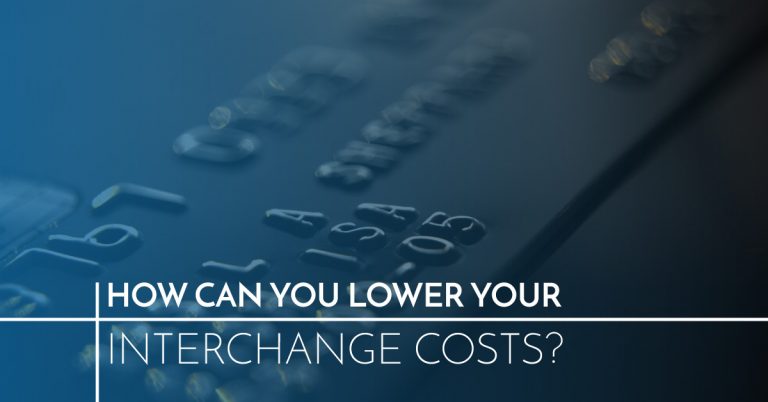At Impact Pay System, we champion small businesses. We provide payment systems that empower intrepid entities to find success. In order to do that, we know we have to make security and excellence a priority. At the end of the day, it doesn’t matter how careful you are: if your equipment and systems are faulty, they will let you down. Cyber criminals have identified systems as a weakness, so they target companies that set up payment applications on for small businesses. Unfortunately, many small businesses have suffered because of this.
In our last blog, we discussed the Payment Card Industry Council. They are aware of application weakness, and in March 2016, they implemented the Qualified Integrators and Resellers Program (QIR Program) to make sure that installed systems comply with Payment Card Industry Data Security Standards (PCI DSS). Basically, they want to make sure knowledgeable, experienced people set up payment systems so the businesses depending on them don’t suffer the consequences.
THE QIR PROGRAM HAS TWO OBJECTIVES:
- Installing and adjusting qualified applications to support compliance to PCI DSS compliance.
- Ensure that, following installation, the applications properly facilitate compliance.
QIR PROFESSIONALS HAVE TO PERFORM THE FOLLOWING TASKS:
- Document any risks to PCI DSS compliance.
- Protect all confidential and sensitive information.
- If QIR-installed applications are included in an investigation, the professional must support the investigation.
- Make sure all installations and configurations are properly done to comply with PCI DSS standards.
- If engaged to do so, service installed payment applications. This includes troubleshooting.
If you own a small business, you have allies working to protect you. Make sure you take care of the services they offer. Contact us for merchant payment services you can depend on!





